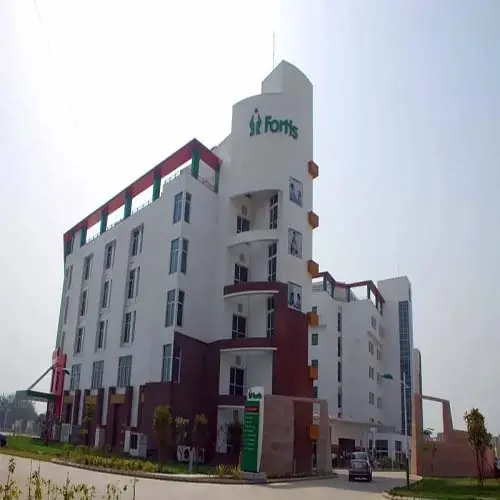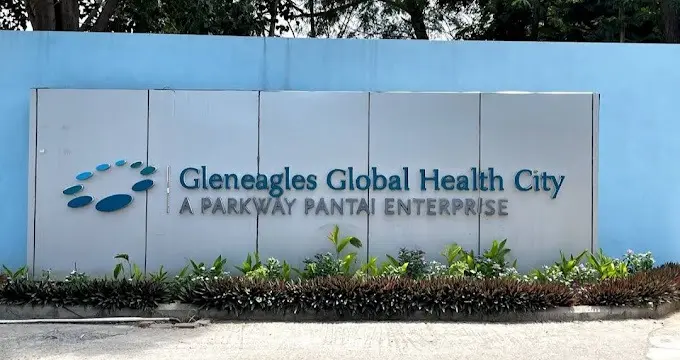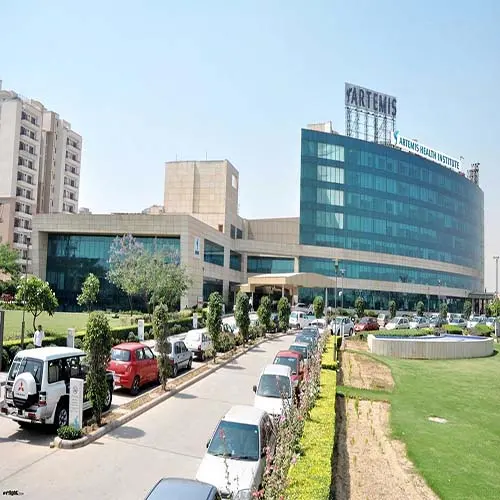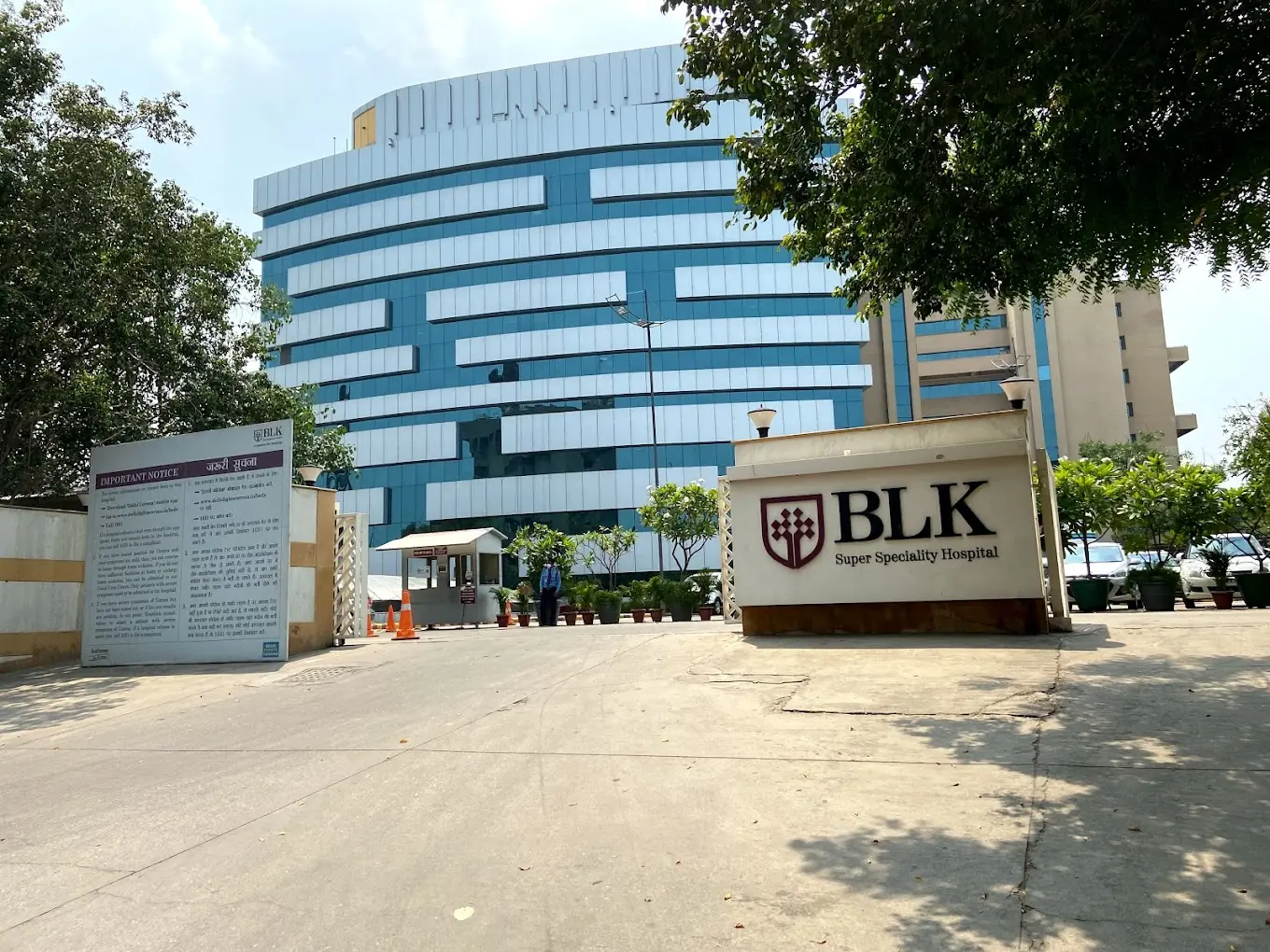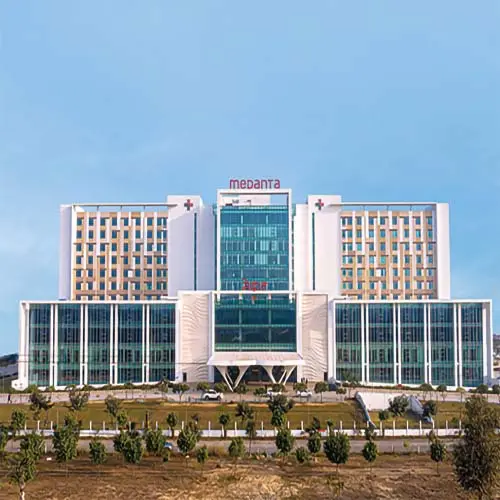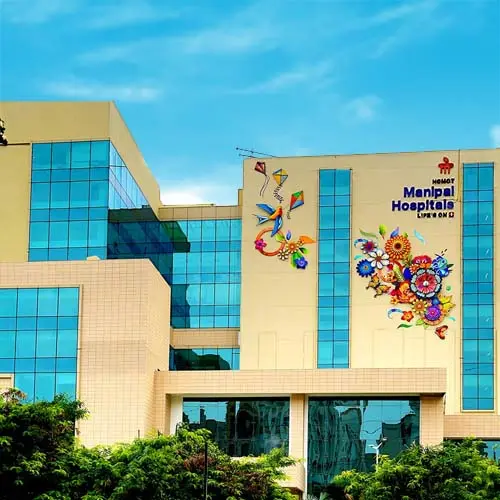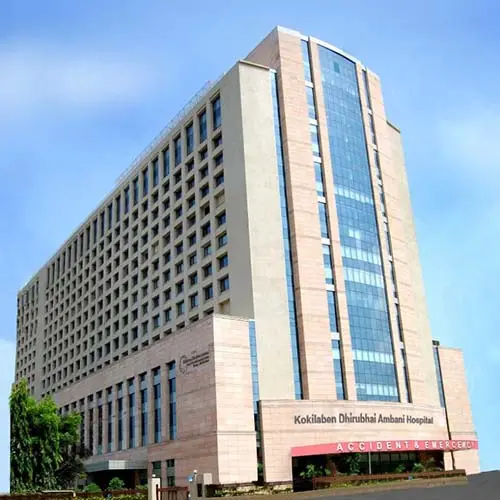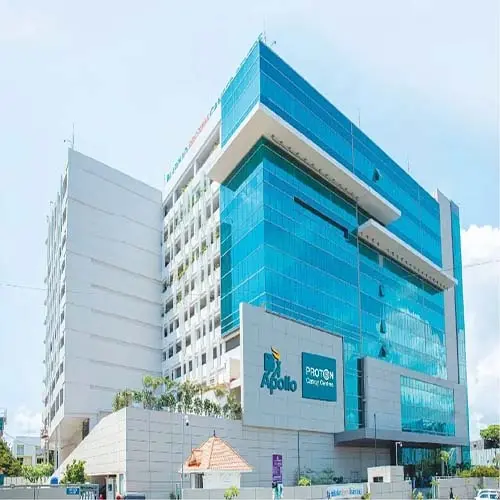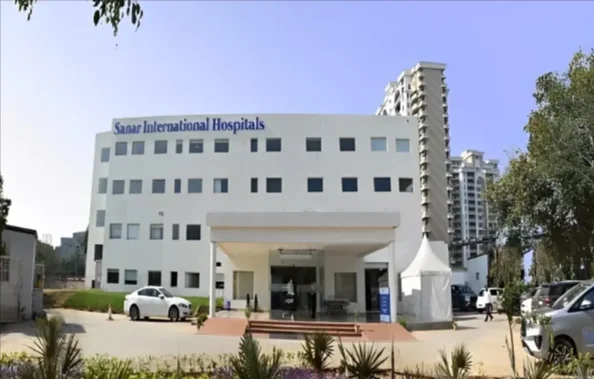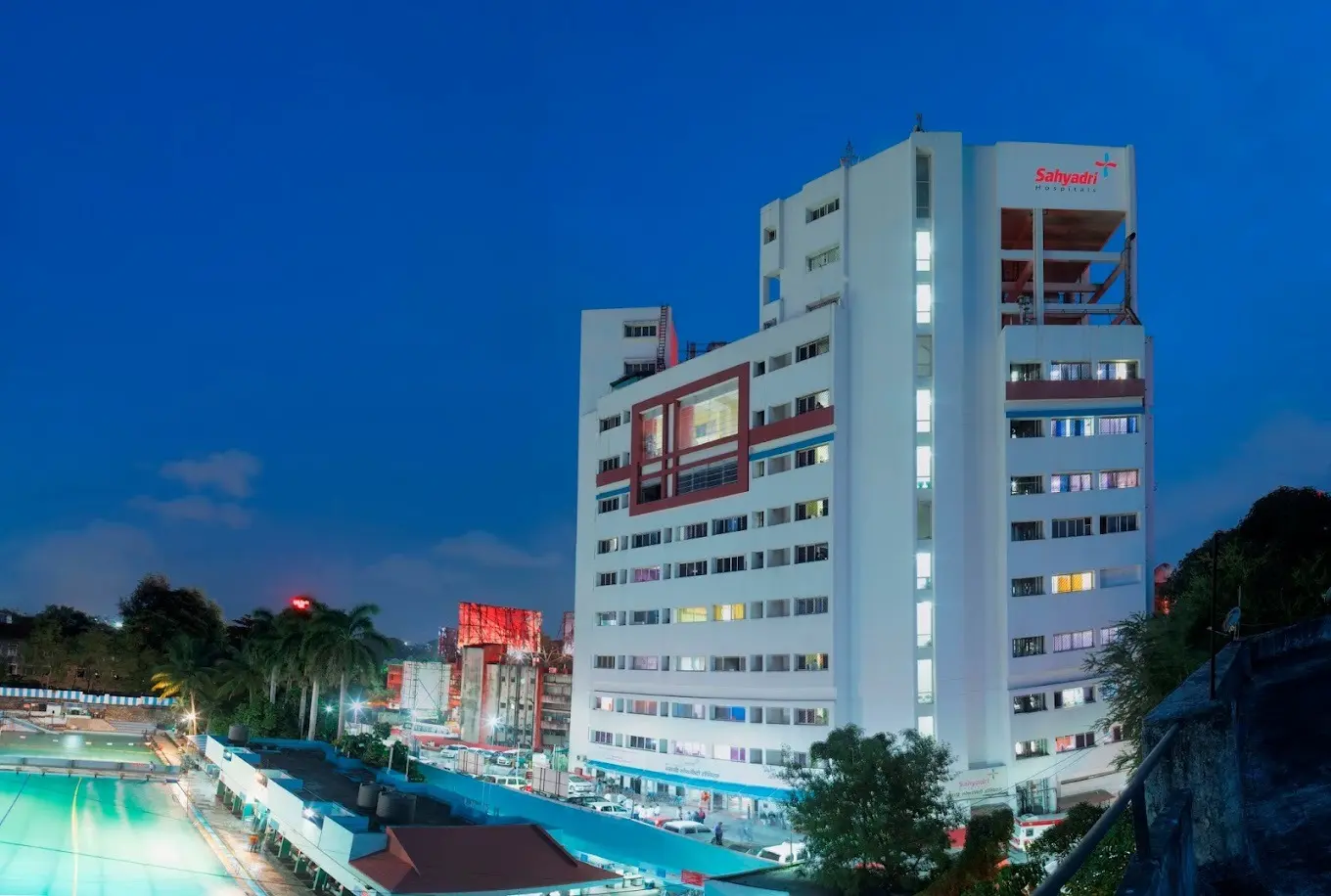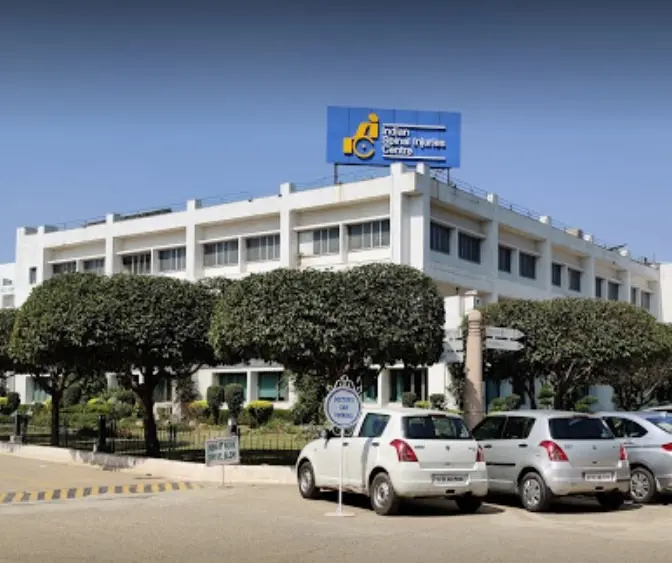
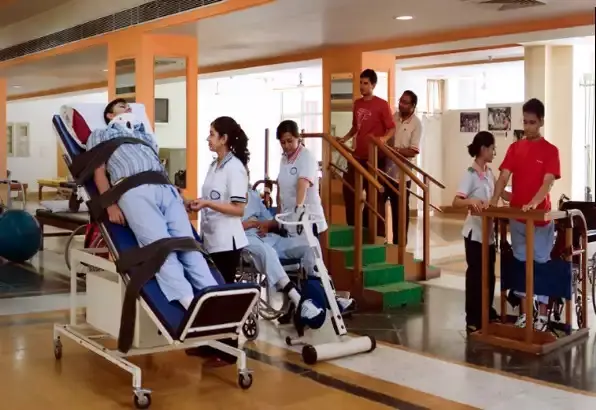

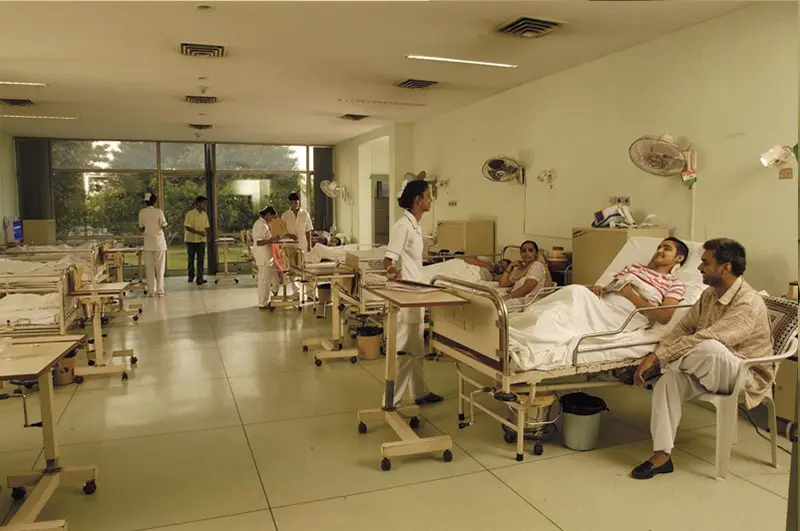
Indian Spinal Injuries Centre, New Delhi
New Delhi, IndiaAbout Hospital
The Indian Spinal Injuries Centre (ISIC) is the foremost Spine, Orthopedic, and Neuromuscular Surgical center in India, equipped with the latest diagnostic and surgical technology. Renowned internationally, ISIC's team comprises highly qualified specialists trained at leading institutes both in India and abroad.
ISIC offers state-of-the-art facilities for managing various spinal conditions, featuring a dedicated team of acclaimed spine surgeons who utilize advanced medical and surgical technology. The comprehensive spine services at ISIC address spinal injuries, back pain, spinal deformities, tumors, osteoporosis, and more. The center excels in motion-preserving spine surgeries, such as disc replacement and dynamic fixation, as well as minimally invasive procedures including endoscopic disc excision, percutaneous kyphoplasty, and thoracoscopic/laparoscopic fusion. Additionally, ISIC provides advanced pain and spasticity management techniques, including intrathecal baclofen pump implantation.
Location of Indian Spinal Injuries Centre
Opp. Vasant Valley School, IAA Colony, Sector C, Vasant Kunj, New Delhi, Delhi
Nearby Facilities:
Airport - Indira Gandhi International Airport, New Delhi (7.9 km)
Hotels - Delhi Residency Vasant Kunj, THE NILSA, De Pavilion Hotel
Hospital Infrastructure
- Advanced Cath Lab Complex
- EP Study (Electrophysiology)
- Modular OT Complex
- World-class CCU equipped with Central Monitoring,Ventilators, Pacemakers, IABP, Bed-side dialysis etc.
- Coronary, Cerebral, Peripheral Angiography & Angioplasty
- Non Invasive Cardiac Lab
- ECHO (Echocardiography)
- TMT
- Holter
- ECG
Get a free cost estimate
Hospital Facilities
- Advanced Diagnostic Technology
- State-of-the-Art Surgical Equipment
- Comprehensive Spine Services
- Motion-Preserving Spine Surgeries
- Minimally Invasive Techniques
- Advanced Pain and Spasticity Management
- Internationally Trained Specialists
- Specialized Rehabilitation Services
- Pharmacy services
- Blood bank
- Health check-up packages
- 24/7 ambulance services
Specialities
Cardiac Sciences
The Department of Cardiac Sciences at ISIC provides world-class cardiology services, characterized by advanced technologies, top-tier infrastructure, and the expertise of leading cardiologists. Located in Vasant Kunj, this new outreach aims to serve a larger portion of the community by offering quality and cost-effective treatment. The cardiac facility delivers comprehensive services, including non-invasive cardiology, electrophysiology, and interventional cardiology. Notably, the department conducts Electrophysiology Studies (EP Studies) to diagnose and treat abnormal heart rhythms by recording electrical activity and pathways of the heart. Additionally, the facility offers pacemaker implantation, a surgical procedure where a small electrical device is placed in the chest to regulate heartbeats.
Spinal Service
The Spinal Service at ISIC has established itself as a leading provider of spinal care, recognized for excellence in spinal surgery, research, and training both in India and internationally. This comprehensive facility offers specialized management for a wide range of spine disorders. The team includes highly qualified consultant spinal surgeons, anesthetists, intensivists, physiotherapists, occupational therapists, psychologists, assistive technologists, orthotists, social workers, and peer counselors. Supported by spinal fellows and specialist nurses, the service emphasizes patient safety with advanced technologies like intraoperative real-time neural monitoring to prevent paralysis and nerve damage during complex surgeries. The facility also boasts well-developed rehabilitation services, state-of-the-art operative and post-operative care, and a strong focus on continuous technological and medical education, including minimally invasive surgery options.
Orthopaedics Department
The Orthopaedics Department at ISIC is dedicated to the expert management of musculoskeletal conditions, providing comprehensive outpatient care, inpatient surgical treatment, rehabilitation, and orthotics and prosthetics. The department has evolved significantly over the past two decades, now focusing on pain-free mobility. ISIC's team of specialized surgeons brings extensive training and experience across various orthopedic specialties, ensuring patients receive tailored and multidisciplinary care.
The department is committed to being the premier destination for patients with musculoskeletal ailments and for students aspiring to excel in clinical care. They uniquely combine clinical services with academic excellence.
In trauma and fracture care, ISIC addresses the unique needs of accident victims, providing timely and appropriate care to reintegrate patients productively back into society. The department excels in managing polytrauma cases with a multidisciplinary approach, emphasizing the importance of resuscitation, surgery timing, and comprehensive rehabilitation programs for optimal outcomes.
Other specialties of The Indian Spinal Injuries Centre Hospital include:
- Neurology and Neurosurgery
- Rehabilitation Services
- Pain Management
- Minimally Invasive Surgery
- Diagnostic Services
- Comprehensive Care Team
- Urology
- Endocrinology
Top Doctors of Hospital
- DR. VIVEK MAHAJAN, Associate Director Orthopaedics, Knee, Hip and cartilage repair specialist, Orthopaedic, Orthopaedic - Joint Replacement & Arthroscopy Services
- DR. ANKUR NANDA, Associate Director Spine Services, Spine Services
- DR. ASEEM DHALL, Director & Head Cardiology, Cardiology & Interventional Cardiology, Cardiology
- PROF. (DR.) A N MALAVIYA, Sr. Consultant & HoD Rheumatology, Rheumatology, Clinical Immunology and medicine internist, Joint Disease Services (Rheumatology), Rheumatology
Procedure Performed
Anterior cervical discectomy and fusion (ACDF)
Anterior cervical discectomy and fusion (ACDF) is a surgical procedure aimed at relieving neck or arm pain caused by pressure on the spinal nerves due to a herniated or degenerative disc. This surgery is typically considered when conservative treatments like physical therapy or medications have not been effective. During ACDF, a surgeon accesses the damaged disc from the front of the neck, making an incision through the throat area. This approach allows for the removal of the disc without disturbing the spinal cord, spinal nerves, or major neck muscles. Depending on the patient's condition, one or more discs may be removed. To prevent the vertebrae from collapsing and to maintain spinal stability, a bone graft spacer is inserted into the empty disc space. This graft acts as a bridge, facilitating the fusion of the vertebrae. Metal plates and screws are used to secure the graft and vertebrae in place, ensuring proper alignment and promoting spinal fusion.
Fracture fixation - plating
Fracture fixation using plating is a widely performed orthopedic surgery to treat broken bones. Advances in tools and techniques have greatly enhanced the success rate of this procedure, making it possible to plate nearly any type of fracture. The surgery can be performed using open surgery, where the fracture is directly exposed, or minimally invasive techniques, which involve visualizing the fracture through X-ray imaging. The primary goal is to realign the injured bone and protect it from daily stresses, facilitating an early return to normal function. The implants used in this procedure are typically made of either stainless steel or titanium. The choice of material is less important since the implant becomes redundant once the bone heals and can be removed during a subsequent elective surgery.
Brain tumor surgery
Brain tumor surgery for a frontal tumor involves a meticulous process to ensure the effective removal of the tumor while preserving brain function. The procedure begins with an incision on the frontal scalp, followed by the elevation of a scalp flap. Using a drill or osteotomes, the surgeon raises a bone flap to access the underlying structures. Once the bone flap is removed, the dura mater (the outer membrane covering the brain) is carefully cut open.
With the dura opened, the surgeon locates the tumor and proceeds with its decompression until the brain's pulsations indicate a return to adequate function. Hemostasis, the process of securing and stopping any bleeding, is meticulously achieved to ensure a clear and safe surgical field. After the tumor has been effectively decompressed, the dura is closed with continuous suturing.
The bone flap is then replaced and secured in position using plates and screws. Finally, the scalp flap is sutured back in two layers to ensure proper healing.
Some other procedures performed are:
- Spine Tumor Surgery
- Spine Fusion Surgery
- Traumatic Spine Surgery
- Disc Prolapse Surgery
- Trauma Surgery,
- Shunt Surgery
- Vascular Surgery
- Aneurysm
- Stereotaxy
- Meningomyelocele and etc.
Awards and Recognition
- ISIC is accredited by the National Accreditation Board for Hospitals (NABH) and National Accreditation Board for Testing and Calibration Laboratories (NABL), affirming its commitment to international standards in quality and patient care.
- Recognized as a WHO Collaborating Centre for training and research in spinal injury and rehabilitation, ISIC stands as a global leader in spinal care excellence.
- ISIC is an ISO 9001:2015 certified institution, reflecting its standardized processes in healthcare delivery.
- Recognized by the Ministry of Health and Family Welfare, Government of India, for its unparalleled contribution to the treatment and rehabilitation of spinal injuries and orthopedic disorders.
- ISIC has received appreciation from global health organizations and international medical tourism bodies for pioneering work in spinal trauma care and for being a top choice for international patients seeking complex spinal procedures in India.
- ISIC’s doctors and innovative surgical cases have been featured in respected medical publications and health platforms such as The Lancet, Times of India Health, and NDTV Health.
Similar Hospitals in India
FAQs
ISIC is most renowned for its advanced spinal injury management, including spinal surgeries, neurorehabilitation, and orthopedic interventions. It is also highly regarded for joint replacement and minimally invasive surgeries.
Yes, ISIC offers dedicated international patient services, including visa assistance, interpreter services, airport pick-up, and customized medical packages tailored for foreign nationals.
The average hospital stay for major spinal surgeries at ISIC typically ranges from 5 to 10 days, depending on the complexity of the case and patient recovery.
Yes, ISIC houses one of India’s finest rehabilitation centers with physiotherapy, occupational therapy, hydrotherapy, and psychological counseling—all under one roof.
You can book an appointment directly through the hospital’s official website or through their patient helpline. Alternatively, for a personalized experience and full support through your medical journey, you can connect with HOSPIDIO at Email: [email protected] or Call/WhatsApp: +91-9870538337.

